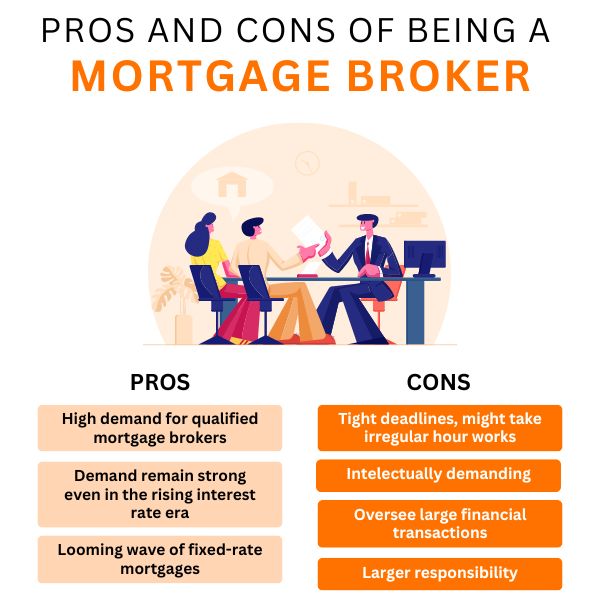Advantages of a Jumbo Loan for High-end Realty Purchases
Advantages of a Jumbo Loan for High-end Realty Purchases
Blog Article
Comprehending What a Jumbo Loan Entails and Just How It Varies From Conventional Loans
Navigating the details of big lendings discloses a funding choice customized for those venturing right into high-value genuine estate, generally exceeding the limits set by the Federal Real Estate Finance Agency. The significant threat connected with big loans demands extra stringent credentials demands, consisting of higher credit report ratings and significant down payments.
Definition of Jumbo Financings
Jumbo car loans are a kind of mortgage that surpass the adapting lending limitations established by the Federal Real Estate Finance Agency (FHFA) These fundings accommodate borrowers who require to finance residential properties that are much more expensive than what conventional funding restrictions enable. The FHFA develops annual conforming lending limitations, and any funding surpassing these thresholds is categorized as a jumbo loan.
Generally, jumbo lendings are utilized in high-cost real estate markets where home rates dramatically surpass nationwide averages, such as in cities or luxury real estate sectors. As these lendings are not qualified for acquisition by Fannie Mae or Freddie Mac, they bring integral risks for lending institutions because of their larger dimension and non-conformity (jumbo loan). As a result, loan providers frequently enforce much more rigid certification criteria for big finances than conventional conforming financings.
Debtors seeking jumbo fundings should usually demonstrate a solid economic profile, consisting of a greater credit rating rating, robust revenue verification, and considerable deposit, frequently 20% or even more. In addition, lenders may call for more extensive paperwork to analyze the borrower's capability to take care of bigger monthly repayments. Comprehending the details features of jumbo car loans is critical for potential customers navigating this section of the home mortgage market.
Standard Lendings Review
While jumbo car loans provide to high-value property financing, conventional car loans represent the more typical home loan alternative in the housing market. These car loans are not guaranteed or ensured by any government entity, such as the Federal Real Estate Administration (FHA) or the Department of Veterans Affairs (VA) Instead, they are backed by private lenders and comply with standards established by government-sponsored ventures (GSEs) like Fannie Mae and Freddie Mac.
Standard financings are commonly offered with taken care of or flexible rate of interest and vary in regards to period, typically spanning 15 to 30 years. Customers typically like conventional lendings for their predictable monthly payments, which can facilitate lasting monetary preparation. In addition, they are offered for primary houses, second homes, and investment homes, providing adaptability to satisfy varied debtor needs.

Trick Differences Between Fundings
At the center of this decision-making process are conventional finances and big lendings, each possessing distinctive characteristics and serving different customer needs. Big fundings surpass the conforming lending restrictions established by the Federal Housing Money Company (FHFA), which differ by region.

Additionally, the down repayment demands can vary significantly. Big financings usually require larger deposits, sometimes exceeding 20%, to reduce risk. Conventional car loans, on the other hand, may permit lower down payments, with some programs accepting as little as 3% for qualified buyers.
Certification Demands
Protecting a jumbo funding includes satisfying much more stringent qualification needs contrasted to standard finances, showing the boosted threat to loan providers. These fundings, which surpass the adhering lending limits established by the Federal Housing Finance Firm (FHFA), are not eligible for purchase by Freddie Mac or Fannie Mae, therefore subjecting loan providers to greater economic danger - jumbo loan. Because of this, borrowers have to demonstrate a high creditworthiness and economic stability
A durable credit report, commonly 700 or higher, is important for approval. Lenders also expect a lower debt-to-income (DTI) proportion, typically not exceeding 43%, making certain that customers can take care of significant monthly settlements alongside various other financial responsibilities. A substantial cash get is normally required, commonly amounting to 6 months of mortgage repayments, to guarantee lenders of the customer's monetary strength.
Down repayment expectations are likewise elevated, often starting at 20% or more of the home's worth. While this is a guard for lending institutions, it demands substantial in advance funding from debtors.
Selecting the Right Finance
When selecting the most suitable loan alternative,Browsing the complexity of jumbo loans calls for cautious factor to consider. With the more comprehensive series of options readily available more info here to those looking for jumbo car loans, the decision-making process needs to involve an extensive analysis of one's financial account and long-term objectives. Unlike traditional car loans, big finances typically come with more stringent requirements and differed rates of interest, which require extensive study and a clear understanding of one's monetary standing.
When choosing in between different jumbo car loan offerings, it is crucial to assess the financing terms, including rates of interest, payment schedules, and linked fees. Debtors should compare the prices provided by various lenders to ensure they safeguard the most positive terms. Additionally, understanding the implications of taken care of versus variable-rate mortgages (ARMs) is vital, as each option provides distinctive benefits and dangers relying on market conditions and individual economic techniques.
Involving with a financial advisor or home mortgage broker can provide important understandings customized to check out here specific circumstances. These experts can help in browsing the subtleties of big lendings, making sure that consumers are knowledgeable and furnished to choose a lending that aligns with their monetary goals, inevitably facilitating a smoother home-buying procedure.
Conclusion
In summary, jumbo car loans act as an economic tool for obtaining high-value residential or commercial properties, requiring rigid qualification demands and higher rates of interest as a result of the raised threat for lending institutions. Unlike standard loans, which satisfy FHFA limits and may receive backing from Fannie Mae or Freddie Mac, big lendings require a minimum credit history of 700 and substantial deposits. Recognizing these differences is important for borrowers in high-cost realty markets to determine one of the most appropriate funding option for their demands.
The FHFA develops annual conforming financing restrictions, and any type of lending going beyond these limits is categorized as a jumbo loan.
At the center of this decision-making process are big finances and conventional loans, each possessing distinctive qualities and offering different consumer requirements.Safeguarding a jumbo loan includes meeting a go to this site lot more stringent certification needs compared to standard car loans, mirroring the increased danger to lenders. Unlike traditional loans, jumbo finances frequently come with more stringent needs and varied rate of interest prices, which necessitate complete study and a clear understanding of one's financial standing.
Unlike traditional lendings, which adapt to FHFA restrictions and may get support from Fannie Mae or Freddie Mac, big lendings need a minimal credit rating score of 700 and significant down payments.
Report this page